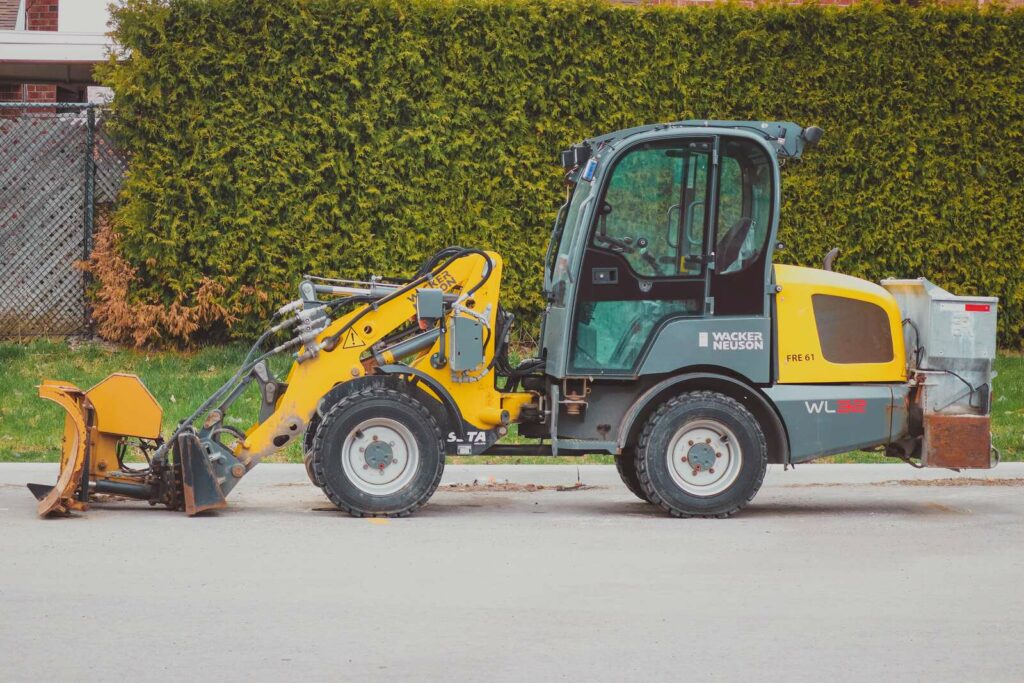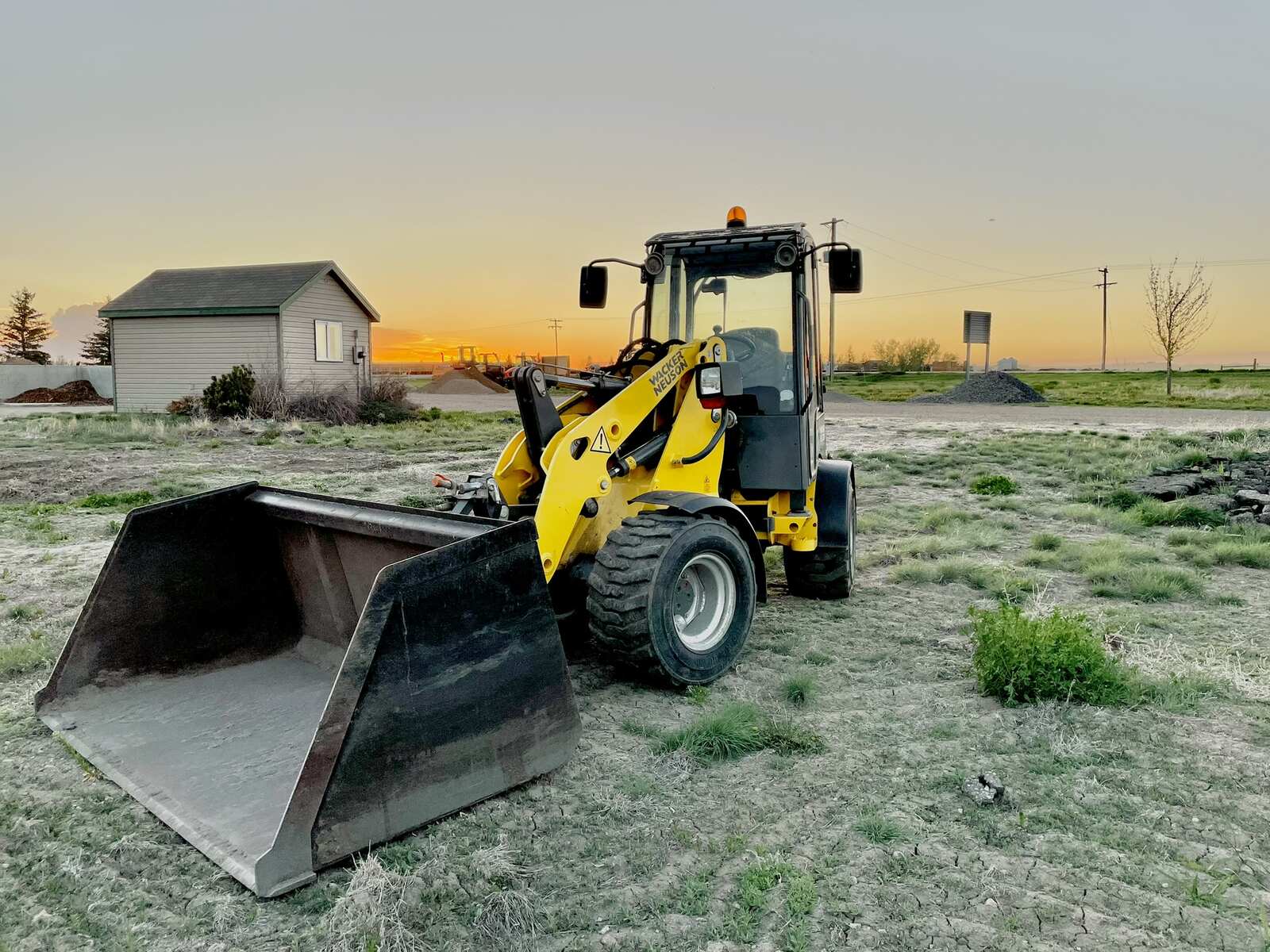Choosing the perfect compact loader for your needs is crucial. Discover the five key factors to consider when selecting a brand, including service locations, parts availability, engine type, quick attach options, brand consistency, and industry recommendations. Make an informed decision to ensure efficient operations and minimize downtime.
Introduction
Selecting the perfect compact loader for your specific requirements can be daunting with the many brands available in the market. From industry giants like Cat, John Deere, and Case to emerging players such as Sany, Takeuchi, and Doosan, each brand offers its unique features and benefits. In this comprehensive blog post, we will delve deeper into the five essential factors you should consider when choosing a brand of compact loader.

Service Locations and Parts Availability:
The proximity and quality of service locations play a crucial role in the overall ownership experience of a compact loader. Before deciding, research the availability of authorized service centers in your area. Having a nearby service location can significantly reduce downtime in repairs or maintenance. Furthermore, consider the reputation of these service centers. Reading customer reviews and seeking recommendations from industry peers can provide insights into the level of expertise, responsiveness, and overall satisfaction with the brand’s service network.
In addition to service locations, it is vital to assess the availability and accessibility of parts for the specific brand of compact loader you are considering. A robust parts supply chain ensures that you can source components quickly and at a reasonable cost. Explore whether the brand offers an extensive network of dealers and distributors or if they provide online platforms for convenient parts ordering. Availability of parts is essential to minimize equipment downtime and ensure efficient operations.
Engine Type:
The engine is the heart of any compact loader, and choosing the right engine type can significantly impact performance, fuel efficiency, and overall reliability. Different brands, such as Cummins, Dutz, Perkins, and John Deere, utilize various engines. Consider the reputation and reliability of the engine manufacturer, as well as the availability of engine-specific service centers and parts suppliers.
A brand-agnostic engine can provide benefits in parts sourcing and servicing. When a brand uses engines from well-established manufacturers, it opens opportunities to explore aftermarket parts and service providers. This flexibility can lead to cost savings and shorter lead times for repairs and maintenance.
Quick Attach and Auxiliary Hydraulics:
The compatibility of attachments with your compact loader is crucial for maximizing its versatility and productivity. Some brands offer a standard-style quick attach system, while others may have their proprietary couplers. Opting for a brand that utilizes a widely adopted quick attach system, such as the Volvo-Hi vis coupler or the skid steer style coupler, can provide advantages. Common quick attach systems offer a broader range of attachment options, a competitive market for used attachments, and more excellent resale value due to broader compatibility.
In addition to quick attach systems, consider the availability of auxiliary hydraulics on the loader. Auxiliary hydraulics allow you to connect various hydraulic-powered attachments, expanding the capabilities of your machine. Whether pipe grapples, snowblades, or bucket grapples, having auxiliary hydraulics ensures you can tackle diverse tasks efficiently.

Brand Consistency:
If you already have a fleet of equipment from a particular brand, it may be worth considering the same brand for your compact loader. Brand consistency offers several advantages. Firstly, it promotes familiarity as the control systems, operation principles, and maintenance procedures are often similar across equipment categories. This familiarity can reduce the learning curve for operators and streamline maintenance processes.
Secondly, choosing a brand that aligns with your existing equipment allows you to leverage your established relationship with the brand’s dealership. You may already have insights into their service quality, parts availability, and overall customer support. Additionally, some parts may be interchangeable between machines, simplifying inventory management and decreasing equipment downtime.
Industry Recommendations:
One of the most valuable resources for gathering insights is consulting industry professionals and peers with hands-on experience with different compact loader brands. Reach out to individuals in your industry who are already using a particular brand of the compact loader and ask for their honest feedback. Their experiences can provide valuable information about the pros and cons of different models, potential issues to watch out for, and the overall satisfaction level with the brand.
When seeking industry recommendations, ask specific questions about breakdown frequency, winter starting capabilities, suitability for different job applications, service and parts support, and overall comparison with other loaders in the market. Gathering multiple opinions will help you paint a comprehensive picture and make an informed decision.
Conclusion:
Choosing the right brand of compact loader requires careful consideration of several factors, including service locations, parts availability, engine type, quick attach and auxiliary hydraulics, brand consistency, and industry recommendations. By thoroughly evaluating these aspects, you can select a compact loader that meets your needs, delivers reliable performance, and ensures optimal productivity. Remember, investing time in research and seeking advice from experienced professionals can save you significant costs and frustrations in the long run.

